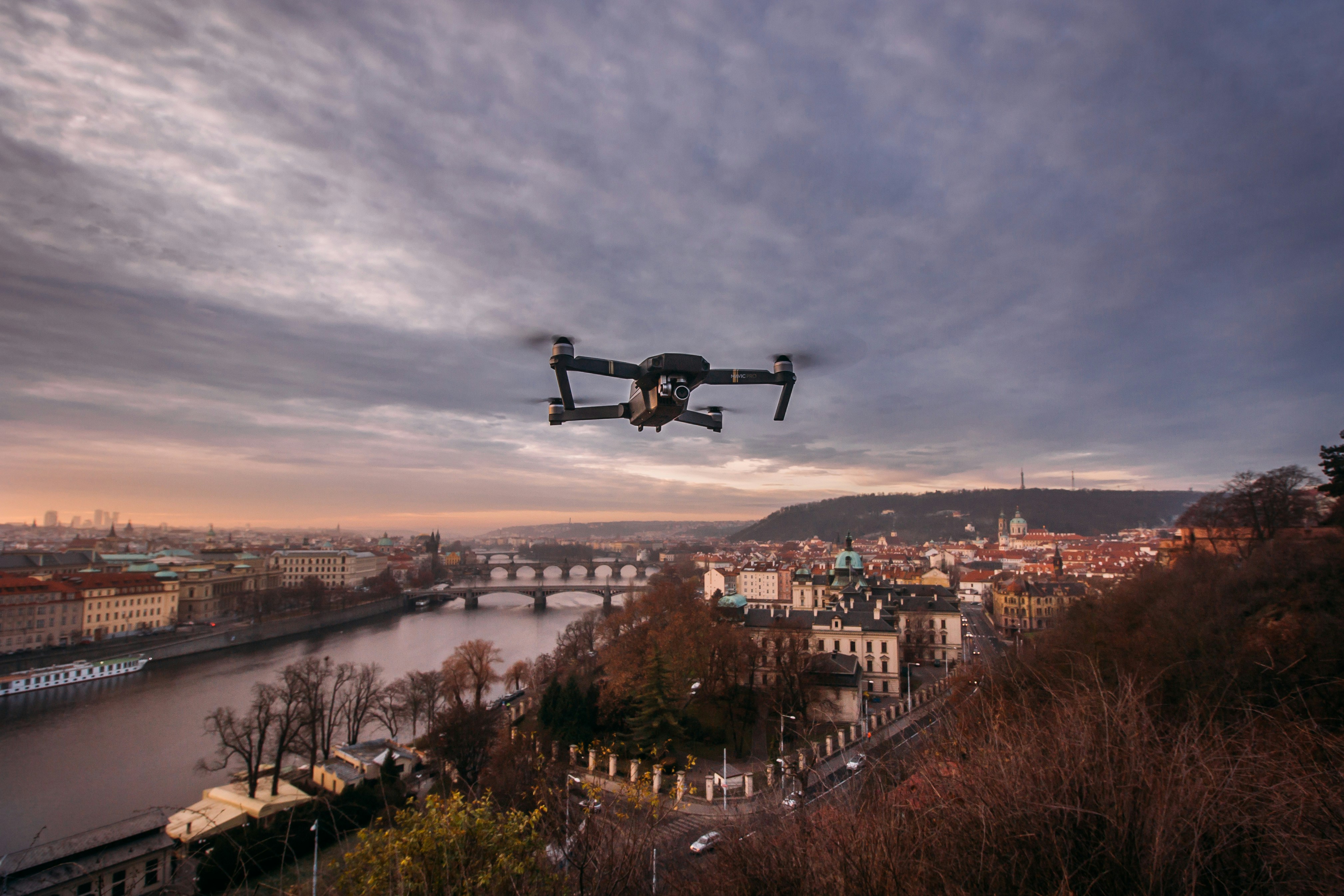This job is brought to you by Jobs/Redefined, the UK's leading over-50s age inclusive jobs board.
Company Description
General Dynamics Mission Systems engineers a diverse portfolio of high technology solutions, products and services that enable customers to successfully execute missions across all domains of operation. With a global team of more than 13,000 top professionals, we partner with the best in industry to expand the bounds of innovation in the defence and scientific arenas. In the UK, we are leading the way in avionics and communication systems. Given the nature of our work and who we are, we value trust, honesty, alignment and transparency.
General Dynamics in St Leonards-on-Sea currently provide avionic mission computing systems for a wide range of military fast jets, helicopters, and UAVs. Recent success has resulted in General Dynamics developing the next generation of Advanced High Performance, Safety Critical Mission Computer Systems to meet the needs of latest platforms in development by several aircraft manufacturers. These Mission Computing Systems provide the functionality that integrates aircraft systems, sensor systems and stores management systems with the information and control systems required by the aircrew to meet the demanding operational needs of these aircraft.
Job Description
This role is for aSenior Hardware Digital Engineerwho is looking to apply their experience in a new and challenging environment, working across the full development life-cycle.
While primarily working on defence products and contracts, contractors with domain experience in adjacent areas are encouraged to apply for this role. You will bring your technical knowledge, decision making and interpersonal skills to achieve the project goals.
Tasks include:
- Analysis of customer requirements
- Create & modify electronic designs and architecture
- Use simulation tools to generate verification test benches
- Participate in design reviews
- Configuration control
- Hardware Integration
Qualifications
The successful candidate should be able to demonstrate engineering and domain experience across a number of the aspects listed below:
- Digital Circuit Design - Proficiency in designing digital circuits, including logic gates, flip-flops and state machines
- FPGA and ASIC Design - Proficiency in designing and implementing FPGAs and ASICs.
- HDL Languages - Strong knowledge of Hardware Description Languages (HDLs) such as VHDL and Verilog.
- Microprocessors and Microcontrollers - Experience with microprocessor and microcontroller architecture and programming.
- Analog-to-Digital Conversion - Familiarity with ADCs, DACs, and mixed-signal design.
- Hardware design and verification against an agreed set of requirements
- Good understanding of requirements capture, work package definition and effort estimation
- Create and modify analogue and digital hardware designs
- Module and System commissioning
- Support the manufacturing department during build and test
- Experience of implementing the development guidelines set out by RTCA/DO-254
Additional Information
General Dynamics Mission Systems utilises QDOS IR35 Status Review. The requirements of this contract have been evaluated asOutside IR35- Prior to the engagement start you will need to complete a status questionnaire in order to receive the finalised status determination.
All successful/appointed applicants must be able to obtain a level of UK Security clearance that is appropriate for the role and undertake suitable Right to work checks.
We are open to this role being spent with time working fully in our offices in St Leonards-on-Sea or hybrid - typically 2 days working from home on a weekly basis (depending on the work tasks).
#J-18808-Ljbffr


